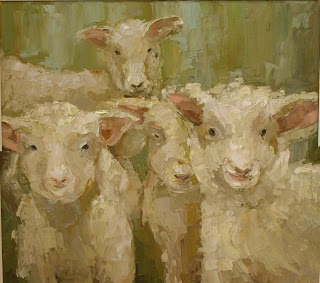“Then they will deliver you up to tribulation, and put you to death; and you will be hated by all nations for my name’s sake. And then many will fall away, and betray one another, and hate one another. And many false prophets will arise and lead many astray. And because wickedness is multiplied, most men’s love will grow cold….” Matthew 24: 9-12
One of the great blessings of my youth was the capacity to be genuinely puzzled by bad behavior. I knew good people made mistakes and sometimes told lies and such, but I really didn’t understand calculated wrong-doing. Evil was a mystery. Why would you do that? That would mess everything up.
I get it now, and alas, am much less often surprised by people who fall away, and betray and hate one another. I am reminded of Nathan Englander’s story about playing the Righteous Gentile game where Jews wonder, if the Holocaust came again, who would hide them and who would turn them in. In my house we call this game “Who can you count on in a firefight?”
Perhaps my youthful naïveté was in part a confusion of evil and weakness. The former preys on, in fact counts on, the latter. And when we feel the heat of real danger in our lives, when wickedness is multiplied, that’s when we learn what we, and our faith, are made of. But I don’t think it’s just strength that’s needed, it’s love.
It was my family’s love that shielded me from the twisted logic of hatred and allowed me to experience not merely moral outrage, but bewilderment. And in the reality of God’s love, God who Is Love, other systems for calculating the costs and benefits of our actions, however logical they appear in the moment, are absurd. I try to hang onto that in a world where fear makes most men’s love grow cold.
People say you fight fire with fire. That adage reminds me of another: Many waters cannot quench love, neither can floods drown it.





